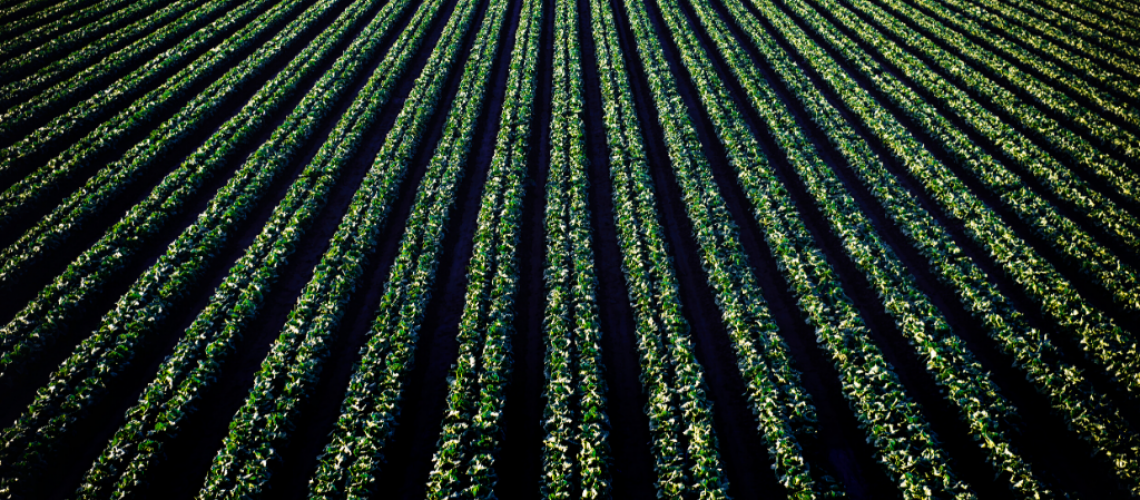By Eliot Clay | Ag and Water Programs Director
Illinois has touted itself as one of the leading producers of food in the world, and in many ways this is true. Our soybean and corn production is some of the best in the country, and we produce the fourth highest amount of pork in the United States, putting our state in a position to interact with both regional and international markets. Illinois, along with many of our neighboring states, has cemented itself as a major player in the global food chain. Our state takes a lot of pride in this, and you can see it clearly at agricultural trade shows in the slogans often printed in their materials: “Illinois: Feeding the World.”
At least, this was the reality before February of 2020. What the state and world failed to acknowledge was that our food supply chain was delicately balanced on the back of a system which was not designed to weather extreme economic and social turbulence. Our food economy was predicated on the belief that efficient production was the measure of success; that the yield, timely delivery, and global reach of agricultural products enabled our greatness. In fact, the events of recent weeks show how our system is neither sustainable or viable for our future. To continue this path is an exercise in stubbornness and weakness, and our state deserves to be held to a higher standard.
We have an opportunity to grow from this. COVID-19 has brought us to a reality that has always existed, and it is time to acknowledge our faults. We need to recognize that our food system has built itself on the back of exploited labor, often those living in our most vulnerable communities. We need to recognize that the centralization of food processors puts the stability of the entire system in the hands of just a few companies. We need to recognize that our farmers are reaping none of the benefits, and taking all of the losses. We need to recognize that our system has destroyed rural America by taking the means of production from many and giving it to only the elite. We need to recognize that our agricultural practices are contributing to a climate crisis, of which we are already feeling the effects.
We need to accept that we were wrong. We must take a holistic approach to our food system if we want to survive another crisis. The state of Illinois should set the standard for sustainable food production by guaranteeing rights and protections for our workers, by teaching farmers about conservation practices, by investing in local infrastructure to breath life back into our rural communities, and by ensuring that everyone in this state, regardless of their location or background, has access to the table when dinner is served. IEC is committed to carrying out this vision. We owe it to each other to seize this moment, as we may never get an opportunity to do this again.
Before Illinois can feed the world, we must feed each other here, at home.

